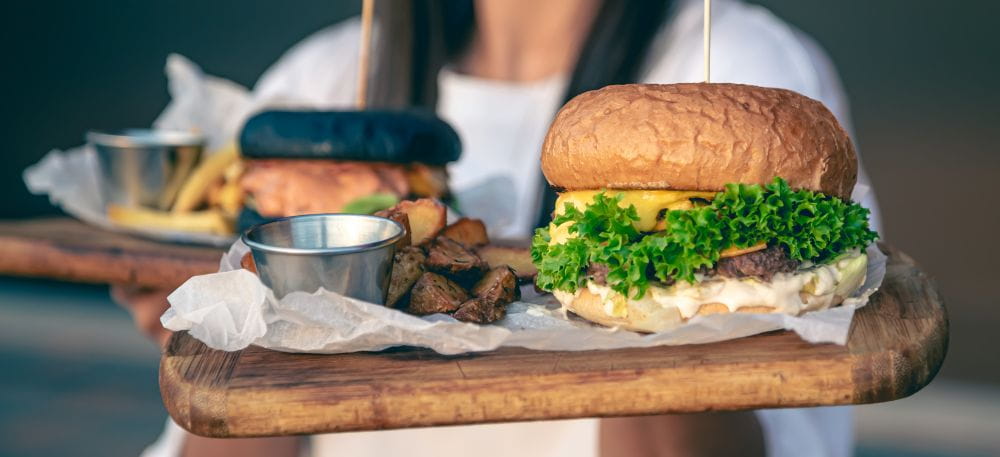
Outdoor dining is becoming increasingly popular, and food truck events draw large crowds each year. It's no surprise that more people want to start their own mobile catering business. However, it's trickier than it appears, as running a kitchen (even one on wheels!) takes a great deal of knowledge. What mistakes to avoid to maximize earnings from your food truck?
Number one: boring menu and poor quality food products
Even if eating outdoors is trendy, that doesn't mean you should sacrifice quality for quantity. Consumers will catch on to this kind of behavior quickly, and one unappealing dish later, they will swiftly move on to your competitors (who are numerous these days). The menu should be concise and tailored to a specific demographic. It is vital, albeit difficult, to specialize in a specific type of cuisine. A great idea would be to come up with something unique and memorable that makes you stand out from the crowd. Even if you only care about serving burgers and fries, think about an eye-catching presentation or a tasty secret ingredient. It is important that these products reflect current catering trends; a food stand with meaty, fatty ribs may go unnoticed as more consumers want healthier or plant-based cuisine. The quality of the ingredients also goes a long way; they must be fresh and carefully stored, and ideally purchased from reputable sources.
Number two: prompt service is key!
Mobile kitchens must prepare food in no time. Nobody enjoys standing in a long line or waiting for food – even more so if there are no seats available. To avoid this, hire people who have previous culinary experience and are comfortable in high-stress situations to help manage the service. However, you should avoid booking too many workers on a single shift. Since food trucks have a limited working space, the saying “too many cooks spoil the broth” is appropriate in this situation.
Number three: work smart, not hard
Before you purchase your own trailer and embark on your adventure as a mobile caterer, you should carefully weigh all of the pros and cons. From the very beginning, you need to design a prospective revenue and spending plan, as well as calculate at what price and quantity you must sell menu items in order for the food truck to be profitable. A portion of the budget should go toward marketing and improving the trailer's appearance so that it attracts a larger segment of the market.
As you can see, there are mistakes waiting around every corner. Starting a food truck business may appear simple, but it is far from that! Due to the seasonal nature of mobile catering, vendors must steer clear of the slip-ups listed above; otherwise, their business will fail to generate profit.



